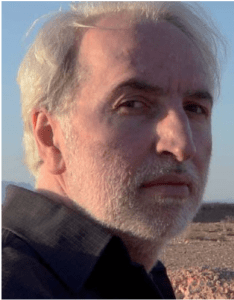RIO Founding Members
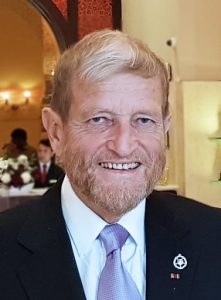
As Professor Emeritus at RWTH Aachen University in Germany and Professor for history of urbanization, conservation and heritage management at the German University of Technology in Oman (GUtech), the late Prof. Michael Jansen has been associated with the Indian subcontinent since more than 50 years. Having being the founding Rector of GUtech and the Director of the German Research Centre Mohenjo Daro, as well as a member of ICOMOS and a consultant for UNESCO, he has laid the foundation stone for the Research Centre Indian Ocean.
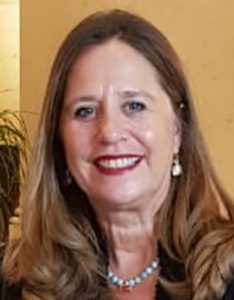
Michaela Liehner-Jansen is a German linguist and art historian. As a cultural heritage and intercultural relations manager, she lives and works in Muscat and has widely travelled in the Sultanate of Oman and the Indian subcontinent. She is one of the founding members of the Indian Ocean Research Centre at the German University and is instrumental in developing the Centre into a strategic think tank for past and future heritage and a hub in the region of the Indian Ocean.
RIO Former Task Force Members
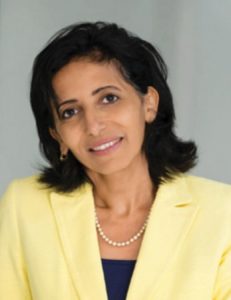
Prof. (GUtech) Dr. Heba Aziz
Heba Aziz is a Professor of Sustainable Tourism at the Department of Logistics, Tourism, and Services Management at the German University of Technology Oman. She holds the UNESCO Chair for World Heritage and Sustainable Tourism Management in the Arab Region at GUtech and she is the Director of the Arab Regional Centre for World Heritage. She has over twenty years of experience as an international policy maker, researcher, and consultant in the fields of sustainability, economic development, tourism and hospitality, culture and heritage management and community integration with a special focus on the Middle East.
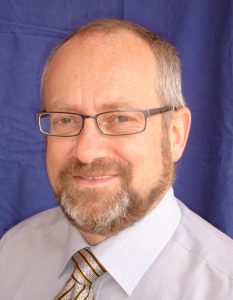
Prof. (GUtech) Dr. Wilfried Bauer
Wilfried Bauer is a German geologist and since 2017, he is the Head of the Department of Applied Geosciences at GUtech. As a specialist in structural geology, metamorphic petrology, and geotectonics his research is focused on countries bordering the western margin of the Indian Ocean, including Mozambique, Madagascar and East Antarctica. From 2007 to 2014, he was the Chief Geologist of an Australian exploration company, exploring for gold, bauxite and graphite in Madagascar. He is particularly interested in the formation of mineral resources during the formation of Gondwana.
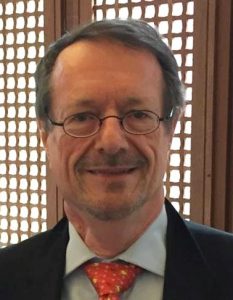
Joachim Düster, whose interest in Oman and East Africa dates back to 1967, founded the Oman Studies Center in 1975, to document, promote and coordinate research on the role of Oman in general and in the Western Indian Ocean. After Middle Eastern, development and law studies, he soon joined the German diplomatic service (1984 to 2019). Today he is back to the Oman Studies Center in Berlin. His in-depth knowledge of Oman, combined with his diplomatic experience, are crucial for the further development of RIO.
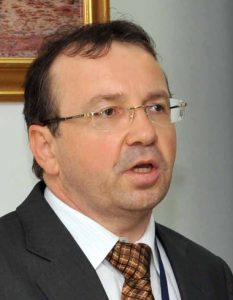
Bernhard Heim, a German scientist and former Max-Planck fellow, served at GUtech as Founder and HoD of the Department of Mathematics and Sciences and Dean of the Faculty of Sciences. He is a Guest professor at the RWTH Aachen University and a member of the German and European Union of Mathematics. Being the founder of Kaizen teaching in Oman, in 2016 he received the Ibn Al Haytham Teaching award. Prof. Heim is a frequent guest at the Max-Planck-Institut for Mathematics in Bonn, the Indian Statistical Institute in Bangalore, and the Kyoto Sangyo University and RIMS Institute.
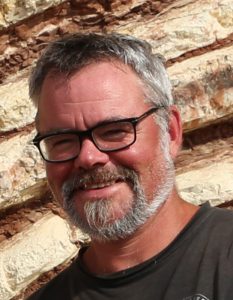
Gösta Hoffmann earned his PhD in geosciences from the University of Greifswald in Germany. In 2008, he became one of the first faculty members of the German University of Technology in Oman’s Department of Applied Geosciences. Prof. Gösta teaches at GuTech and conducts tsunami research in Oman. Over the last three years, he has led field excursions around Oman with students from several German universities and research institutes.
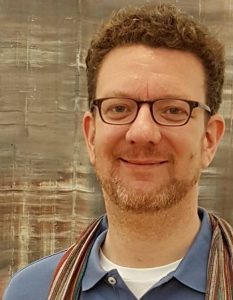
Karsten Ley is architect and urban planner. He served as 2nd director of the RWTH Aachen Center for Documentation and Conservation, pursuing various research projects in the Indian Ocean region. Contributing to the original feasibility study of GUtech he until today serves as an educational consultant of UPAD. As ICOMOS expert and associate member of CIVVIH his research focus is on the history, preservation, and management of cultural heritage on an urban/landscape level.
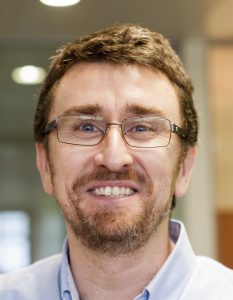
Stephane Pradines is an archaeologist and Professor of Islamic Art and Architecture at the Aga Khan University Institute for the Study of Muslim Civilisations (AKU-ISMC) in London. He was the Director of the excavations of the Fatimid and Ayyubid Walls of Cairo and many other excavations in the Indian Ocean and East Africa. Professor Pradines worked for more than 20 years on trading networks in the Indian Ocean, especially on the Swahili coast. He was involved in many conservation and heritage projects with the Aga Khan trust for culture.
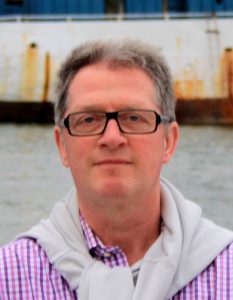
Univ.-Prof. Dr. Burkhard Schnepel
schnepel@ethnologie.uni-halle.de
https://www.ethnologie.uni-halle.de/personal/burkhard_schnepel
Burkhard Schnepel has been investigating the Indian Ocean world from an interdisciplinary perspective, combining especially social anthropological and historical insights. While dedicated to empirical research concerning various port cities and islands (such as Mauritius), Schnepel’s overall methodological approach has been guided by the concept of “connectivity in motion”. His focus, then, is less on places and spaces as such than on routes and mobility, i.e., on the movements of human beings, material objects, ideas, religions, technologies and other things through which transmaritime connectivity comes to life and manifests itself in networks and hubs.
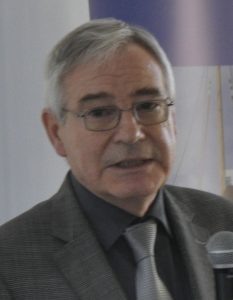
Univ.-Prof. Dr. Stefan Schreiner
Prof. Dr. Dr. h.c. Stefan Schreiner is a Senior Professor of Comparative Study of Religions and Jewish Studies at Eberhard Karls University Tübingen, Germany and Advisor to the University President. He is particularly interested in the Indian Ocean region with its Silk Roads over land and on water as an area of global encounter and exchange as well as intensive transfer of cultures and religions between East and West, North and South and vice versa.
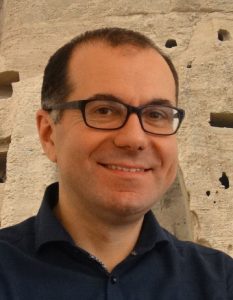
Dipl.-Ing. George Toubekis
Georgios Toubekis studied architecture at RWTH Aachen University. His research on heritage-led innovation at the Fraunhofer Institute for Applied Information Technology FIT (Germany) focuses on the use of advanced information systems to preserve and valorize heritage. As an expert member of CIPA Heritage Documentation and ICOMOS, he is active in the UNESCO World Heritage Convention framework in the region.
RIO Former Researchers
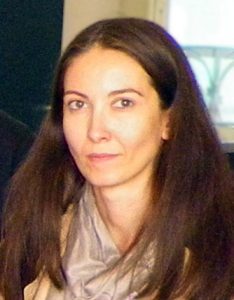
Areti Sakellaridou is a Greek architect with a PhD in Urban Design and Regional Planning (RWTH Aachen). Her main focus is on the evolution of cities and the shaping of new urbanities through the intersecting histories of urban planning, mobility and technology. As member of RIO, she is the coordinator of the research program “Documentation of Historic Sites in Oman” that further develops RIO’s electronic database, in order to record and analyse the settlemental history in the region.


